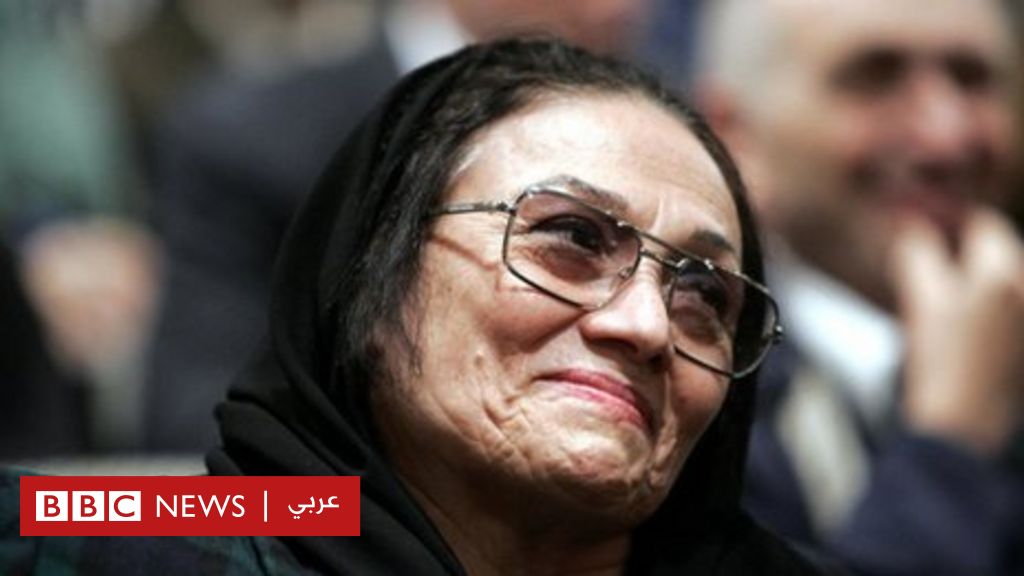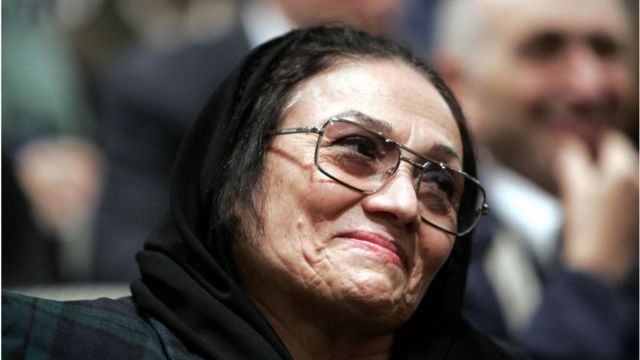
[ad_1]
The first Arab female judge: Iraqi Zakia Haqi
The first day of October this year will be the date on which Egyptian women start working – for the first time – as judges in the Council of State and the prosecution.
Local news sites celebrated the announcement, made on June 2, by the official spokesperson for the Presidency of the Republic, Bassam Rady, who also announced that October 1 of each year would be considered the Egyptian Judicial Day. .
Note that Egypt appointed the country’s first female judge 18 years ago, more precisely in 2003, and her name was: Tahani Al-Jabali.
The Council of State is an independent judicial body and one of the pillars of judicial authority in Egypt. It was established in 1946 and is considered the pioneer of administrative justice – as stated on its website.
As for the public prosecutor, it is a judicial body whose mission is to investigate a public matter, it is a representative of the company or the State by asking the justice to impose a criminal sanction on the accused.
what about women judges in Arab countries Other??
In 2019, the United Nations Economic and Social Commission for Western Asia (ESCWA) released a report titled: “Women in the Judiciary in Arab Countries: Breaking Down Barriers and Increasing Participation. Arab women in the judiciary in a number of Arab countries.
Iraqi Zakia Haqqi is known to be the first Arab woman to become a judge in the region and this was in 1959 during the reign of Abdul Karim Qassem, followed by other Arab women in the following years.
In 1961, Morocco appointed its first female judge, followed by Lebanon and Tunisia in 1966, then Yemen in 1971, Syria in 1975, Sudan a year later, then the Palestinian territories in 1982.
According to the ESCWA report, “the late 1970s saw an increase in religious and political conservatism, and a backlash against women’s rights and participation in public life, and progress stagnated until the 1990s. “.
In the early 1990s (1991), Libya appointed the first female judge, Jordan in 1996, and – as we have mentioned – Egypt appointed Tahani Al-Jabali, the first female judge in 2003, and Bahrain was the first Gulf country in which women reached the post of judge in 2006, followed by the United Arab Emirates in 2008 and Qatar in 2010, Mauritania appointed its first female judge in 2013.
In Kuwait, the Supreme Judicial Council approved in 2014 the membership of 22 women in the Kuwait Institute of Judicial and Legal Studies, and six years later, more precisely in early July 2020, the names and photos of 8 Kuwaiti women have made the headlines of the local newspapers. news and social networks as soon as the decision is announced, appointing them the first female judges in the country.
“Only Oman, Somalia and the Kingdom of Saudi Arabia have yet to appoint female judges,” the ESCWA report said.
It should be noted that in Saudi Arabia, the Administrative Court of Appeal of Dammam had agreed in 2016 to designate “Shaima Al-Jubran” as the first Saudi court to participate in a quasi-judicial body to examine a case related to a dispute before a court. the Commercial Court. .
Shura Council members had twice recommended that the Council seek the approval of women to serve as judges – but voted to reject the recommendation in 2018 and again in 2020.
The possibility of appointing Saudi women to the bench in early 2021 was again discussed.
In Oman, women have worked in the prosecution since 2004, although they are not appointed judges.
According to the same report, the number of women in the judiciary in Arab countries “is still low in general, despite the fact that women enter this field at an early stage in many of them”.
Lebanon has achieved the highest percentage of female participation, with female judges occupying nearly half of judicial posts since 2018. In Tunisia, the percentage of female representation among judges is over 43 percent up to in 2018, and in Algeria by 42 percent, although Morocco One of the first countries to appoint women in the judiciary, but the proportion of female judges there does not exceed 23%, and 22% in Jordan.
The percentage of Palestinian women judges is around 18%, and Syrian women 17.5 percent, Libyan women 14 percent, Sudanese women just over 12 percent, while Iraqi women judges do not exceed 7 percent.
As for the Gulf countries, Bahrain is the “best” in terms of appointing women judges, and their percentage in the Kingdom is 9%.
As for Egypt, in 2015 the number of female judges was only 80 out of 12,000 judges – so the total percentage of female judges is well below 1% – according to the ESCWA report.
Source link
